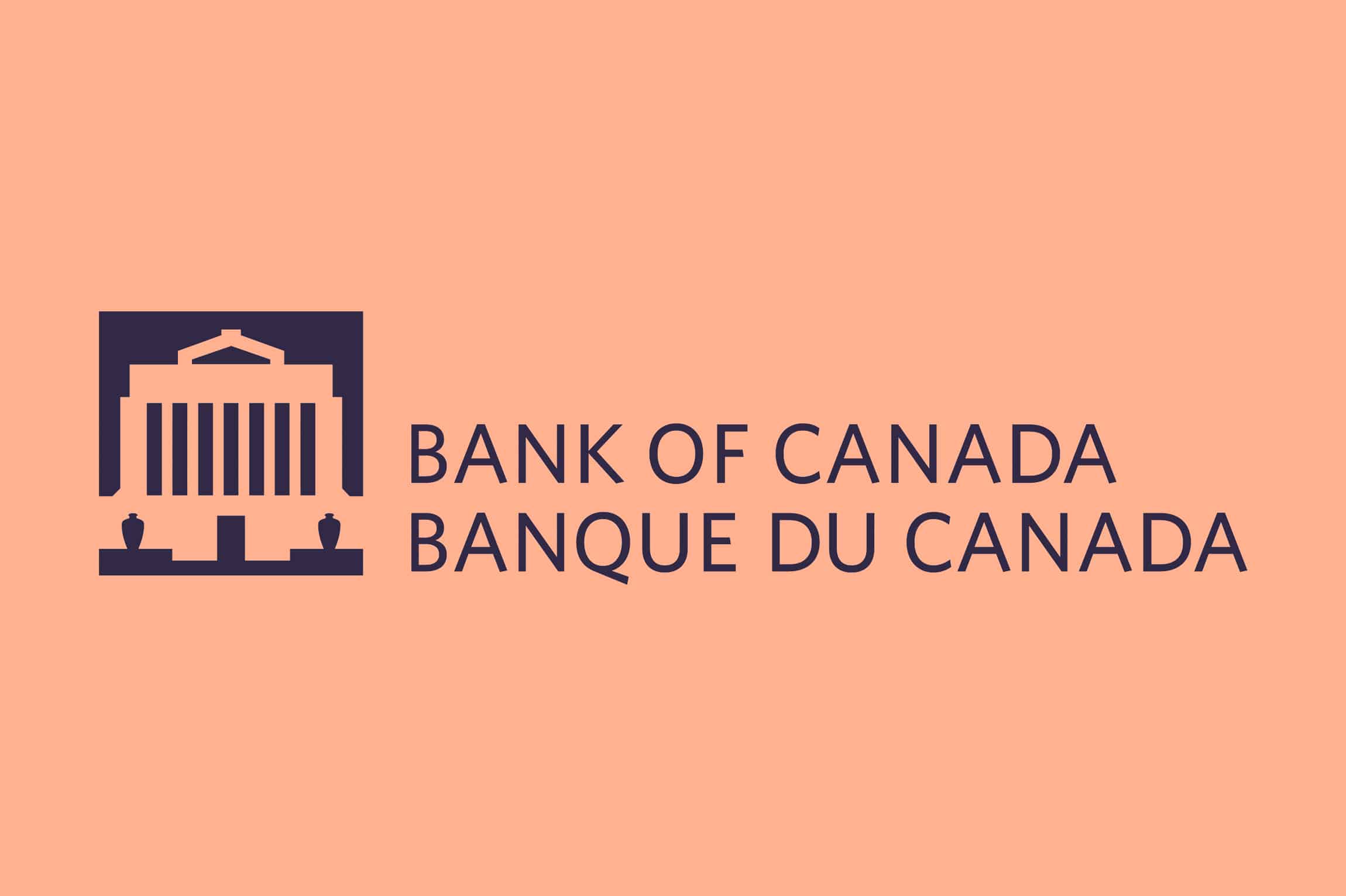On Thursday, the Bank of Canada released its 2019 Financial System Review, and for the first time it listed climate change as one of the main risks to Canada’s economy and financial system.
The inclusion of climate change as one of six vulnerabilities listed in the Financial System Review (FSR) comes a few weeks after the Bank of Canada announced it was joining the Central Banks and Supervisors Network for Greening the Financial System – a coalition of 34 central banks and supervisors committed to act on climate-related financial risks. It also signals a shift way from the bank’s previous position that climate change was not a financial risk.
The central bank’s evolution in thinking of climate change as a major financial risk corresponds with the trends we see among global financial regulators and investors. It is clear that climate-related risks and opportunities must now be viewed as core to business planning.
Bank of Canada calls for widespread climate risk disclosure
In the FSR the Bank of Canada calls for companies to gain a more robust understanding of, and engage in more detailed disclosure of, climate risks. The bank specifically references the Task Force on Climate-related Financial Disclosures (TCFD) and the need for more universal uptake and comparability of information to ensure the financial system’s stability in the face of a changing climate.
The FSR outlines three ways the Bank of Canada views climate change as a risk to Canada’s financial system:
- Physical risks from an increase in extreme weather events such as floods, hurricanes and heat waves;
- Transition risks from the shift to a low-carbon economy, which will be felt most in carbon-intensive industries like oil and gas; and
- A lack of information and consistency in the financial system for disclosing climate risks, resulting in incorrect pricing of climate-related risks and increasing the costs of the transition to a low-carbon economy. The bank issued a warning about the consequences of incorrect pricing: “Rapid repricing might cause fire sales and interact with other vulnerabilities—like excessive leverage—destabilizing the financial system.”
Central bank to study climate risks
While the Bank of Canada focused primarily on risks, it also discusses the opportunities associated with the transition to a low-carbon economy. While carbon-intensive industries could struggle, “other sectors such as green technology and alternative energy will likely benefit,” said the report.
As part of the central bank’s work to address climate change risks, it is undertaking a multi-year research process to properly assess these risks as they relate to the bank’s mandate, and is incorporating climate risk into its analysis of Canada’s economy and financial system.
As the global momentum to disclose climate risks grows, companies should get ahead of the curve to understand and report their climate risks and opportunities now or potentially face unwanted investor or regulatory pressure down the road.

